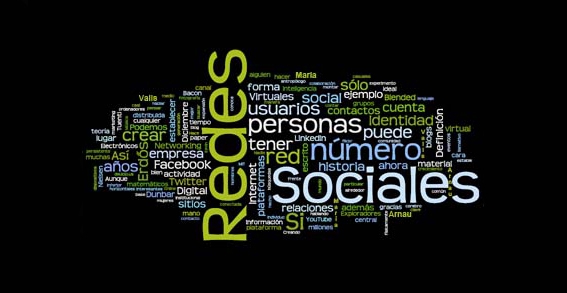
The press is the most compulsory and most feared for non-governmental institution for democracy. Indispensable, because it alone can ensure the generation and circulation of information and the dissemination and confrontation of opinions. In a word, the conformation of public debate necessary for the creation of individual wills of citizens. Redoubtable, because by deforming, selecting or selling short this information and opinions, it can exert a malevolent influence on the formation of opinion. This double certainty today is compounded by the decline of traditional newspapers, failures attributed to media organs and the emergence of new ways of facilitating access to communications for all, bypassing the mediations that so far have been inevitable.
The democratic role of the press
The founders of parliamentary regimes in the eighteenth century and theorists of representative democracies in the nineteenth were acutely conscious of the centrality and the danger of the press to the regime of self-government. If Jefferson asserted that he certainly preferred newspapers without a government to a government without newspapers, Tocqueville argued that one cannot exist without the other. Democracy means, in effect, not only granting the right to vote to the people, but also creating a political context that allows them to express, at voting time, their choice clearly. It should also ensure the existence and independence of an institution whose primary function is to make facts and opinions public: the press. "Is is it, with its eyes wide open that reveals the secret political wills and forces public figures to appear before the court of opinion. It is it that generates interest around different doctrines and formulates the symbolism of the parties. It is through it that we communicate without seeing each other and we understand each other without getting in touch.
This feature gives a power to the press that can be abused or used maliciously. Even if each journalist or news organization individually does not exercise any more than just a small influence on public discourse, their combined impact is considerable. In addition, the role of the press is not confined to structuring the public debate. Commercial instruments and sources of entertainment, advertising media and propaganda tools, places of cultural production and meeting points or split identity, the mass media are not only or even a primarily area of political discussion. The specialization of press information that establishes a clear difference between fact and opinion is a relatively recent invention, as well as the professionalism of a group specifically dedicated to informing.
In any case, the idea that the role of the press is to create conditions for public debate is a constant of contemporary democratic discourse. But this classical view, embodied in the constitutional provisions of freedom of the press, Charts and even ethical social discourse denouncing media drift is currently facing a radical change of public opinion. The gap between the ideal of a press guarantor of public debate and technological, economic and cultural forms of mass communication has been debated for some time. Half a century ago, Jurge Habermas had already denounced the corruption of the principle of publicity. "As a result of increasingly strong pressure -he said-, independent newspapers in the Europe of the Enlightenment have given space to a public relations industry that put the influence of mass media at the service of private interests." And the latest "media revolution" entails a radical break even in the evolution of public communication, to the extent that it questions both the classical conception of the democratic role of the press as well as a critical evaluation of own journalistic practices.







